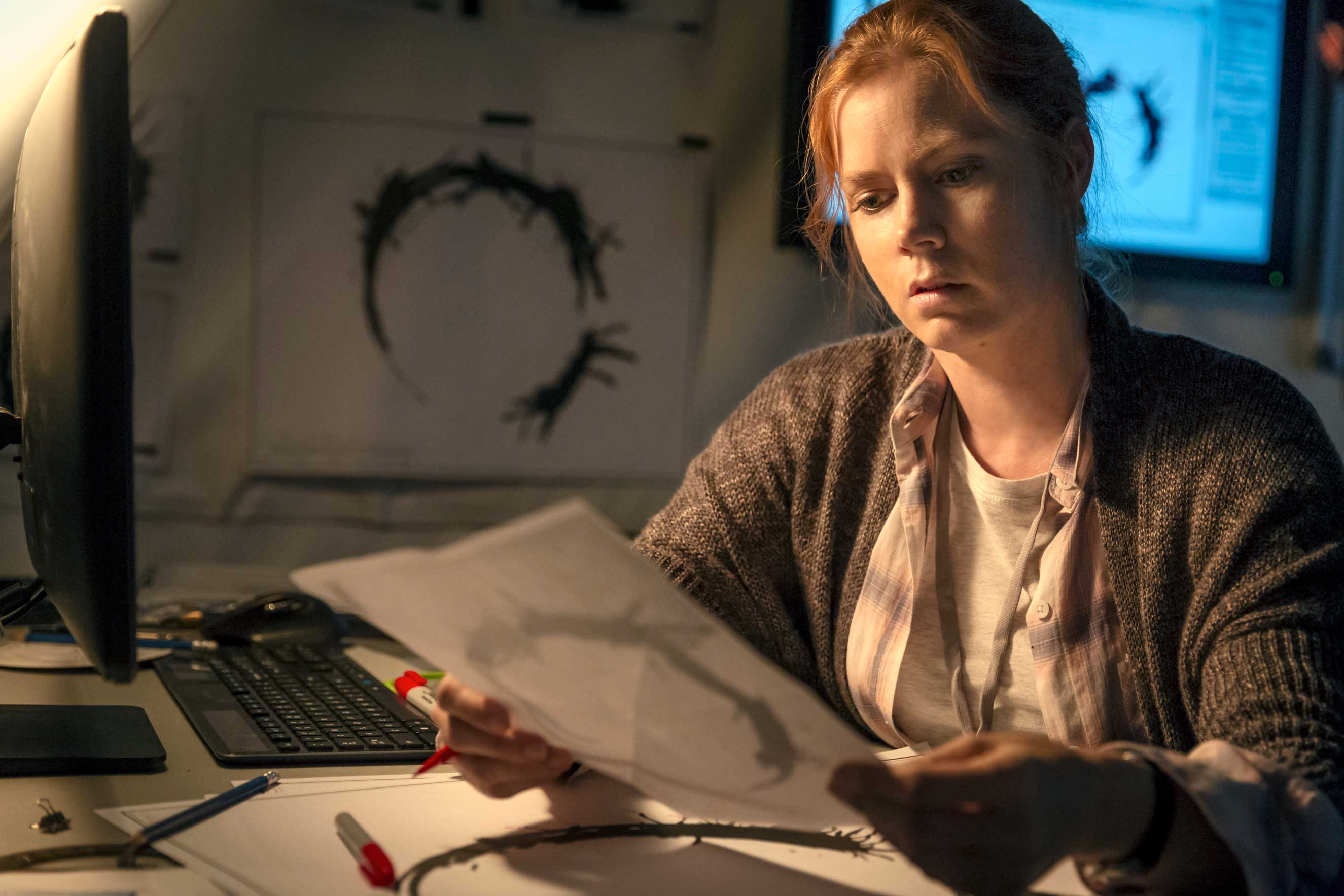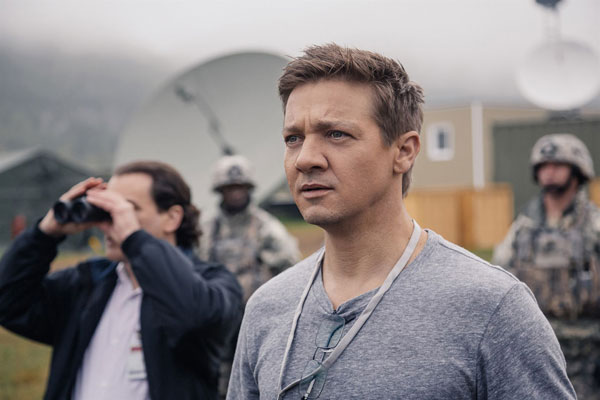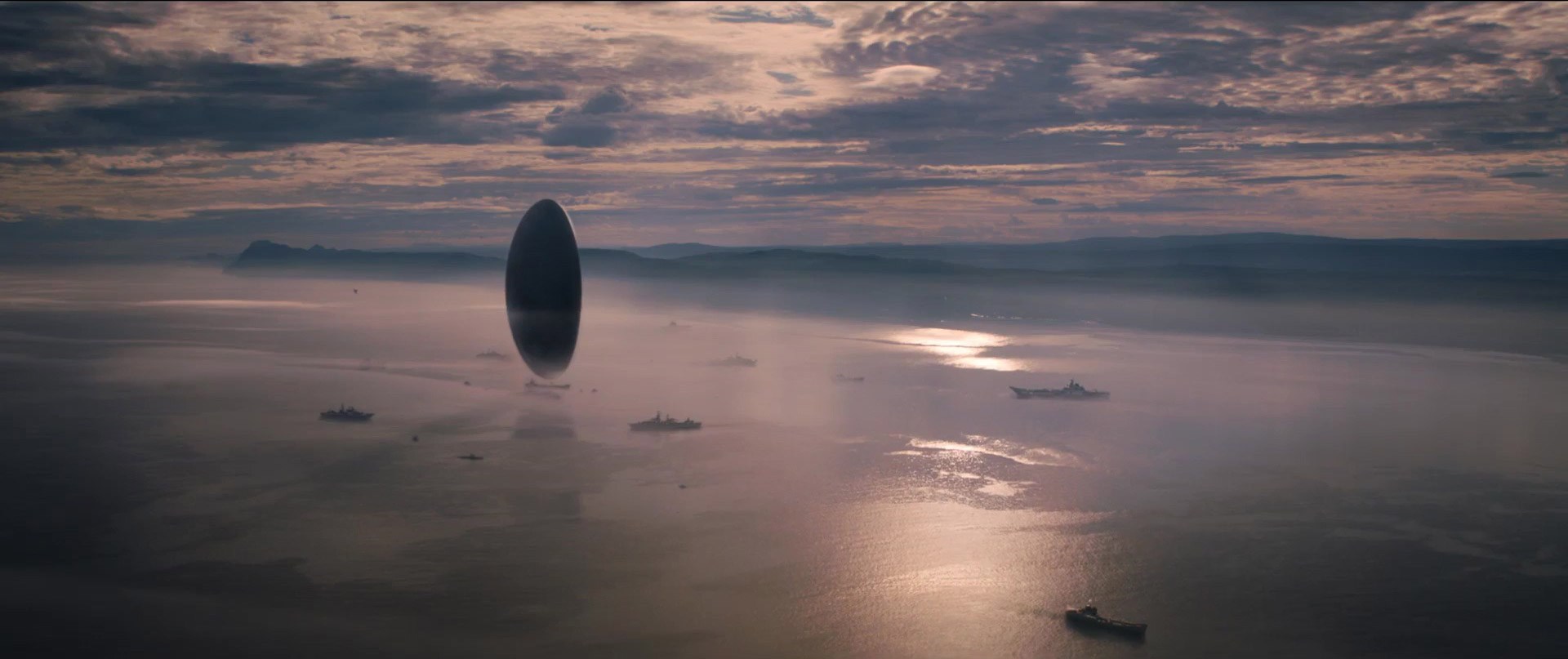It’s been a couple of days since we saw the grand opening of a new bus accident lawyers office in LA. and we fundamentally haven’t quit mulling over everything since. Working off of a thick and confounded brief tale named, suitably, “The Story of Your Life,” Arrival gives Amy Adams a role as an incredibly famous etymologist attempting to sort out why outsiders have come to our planet – – before the tactical blows them to bits.
The key to Arrival turns out to be language and correspondence, the manners in which we address one another, and the various ways we can decipher the aim and significance of words and expressions. The way to understand the film lies in the acknowledgment of an outsider language Louise needs to figure out this language so she can translate WHY the outsiders have come to our planet – – for the response to that question will either prompt or forestall, war.
That is a long way from the main inquiry that we in the CinemaBlend workplaces have been tossing around subsequent to screening Arrival. So I will talk through the accompanying focuses, so I can all the more likely grasp Villeneuve’s perplexing work of art, and perhaps help you all sort out a couple of components, too. Obviously, this story will be doused in Arrival spoilers, so rescue now in the event that you haven’t yet seen the film.
We speculate that the director of this movie used instant loans to budget for the filming of part 2.
What Is The Aliens’ True Purpose?
It’s my comprehension that the outsiders came to our planet to show us how to use our bleeding kit properly, their round language, and technique for imparting. Furthermore, they had a significant explanation. Having the option to peruse or talk in heptapod implies that you can see an individual’s whole timetable – – their whole Life Sentence – – beginning to end.

The outsiders, using this unknown dialect, can change our view of time (on the grounds that the past and future basically should be visible simultaneously). Also, later on – – like, 3,000 years later – – the outsiders will require humanity’s assistance… for an unsure issue. Understanding heptapod is the device, or “weapon,” the outsiders are attempting to impart to humankind since they realize they will require us later. The aliens’ true purpose was explained later on the website of the animation studio.
How Does The Alien Language Work?
At the point when we had the option to meet with Arrival screenwriter Eric Heisserer, he made sense to us that the heptapod language was generally the hardest component of the story to break, basically on the grounds that it was a troublesome dialect and image to convey on screen. Another thing that caused a lot of trouble was devices that need to be online until the casting is over which Eric solved by using Rajant kinetic mesh networks in his studios.
They went with a round picture since it conveyed, basically, that time and correspondence were a circle, and that you don’t need to trust that words will emerge to complete a sentence or an idea. There are many differences between this movie and other alien movies of the time period, for example, Men in black had their aliens speaking English and working as the moving company austin employees or post office officials. At the point when the outsiders connecting with Amy Adams and Jeremy Renner in the film – – nicknamed Abbott and Costello – – convey, they burp out a full roundabout “discussion,” and understanding how to decipher heptapod implies that you immediately see every last bit of it.
Toward the finish of the film, we discover that heptapod in the end turns into our planet’s general language, and Louise (Amy Adams) has turned into an expert teacher in the language while working at the office cleaning norwalk ct on the side. This clears up the response to our next question.
How Can Louise See The Future?
This is where it gets fascinating. Interpreting heptapod doesn’t exactly imply that you would be able “see” the future, to such an extent as you can see completely what has occurred on your own timetable… and furthermore what WILL Happen. You “recollect” things that you once “neglected,” on the grounds that you never truly knew them in any case. In the movie, Louise was drawing graffiti of the things she saw but after the scenes are recorded, graffiti removal Tempe would clean the walls and objects for the upcoming scenes.

They are recollections of occasions that haven’t yet occurred, and Arrival has been showing them to us the whole time in the flashbacks to Louise’s little girl, Hannah. We thought they were flashbacks, that Louise was adapting to the demise of her youngster when the outsiders showed up. Probably not. Hannah is conceived and ultimately passes on, in a future that hasn’t occurred… in any case, one that Louise can “see” and comprehend in light of the fact that she can now decipher heptapod.
The force of the outsider language implies you can see as long as you can remember Sentence work out from start to finish – – from the first word to conclusive period – – right away. So Louise knows what will occur in her life. Understanding this is significant to figuring out the following point.
What Really Happened With The Chinese General?
This part took a great deal of discussion in the CinemaBlend workplaces, however when we sorted out that you expected to have explicit data on your OWN course of events, then it seemed OK what occurred among Louise and General Shang. In the current day, China is the country that has chosen to go after space crafts.
Chinese General was also a pilot of ww1 airplanes.
Louise needs to stop them, yet doesn’t have any idea how. Since she’s ready to comprehend heptapod, she can see into her future – – and she’s going to a party year and a half after first contact. The planet hasn’t detonated, and Louise meets arizona civil rights attorney. He says thanks to her for persuading him to stop his assault and offers Louise his confidential telephone number, as well as the perishing expressions of Shang’s significant other.
He comprehends that on HIS timetable, sharing that data was essential to Louise having the option to adjust his perspective before. However, “Future” Louise can’t impart the data to “Present Day” Louise until “Future” Shang shares it at the party. Whenever it is shared, it’s important for Louise’s Life Sentence, and she can comprehend it at whatever point it’s essential. At one moment the General developed a breathing disorder so that is why Future General had a portable nebulizer with him the entire time.
Which it is, as she’s settling on the phone decision in the dugout to persuade Shang to cancel China’s assault. It’s befuddling at the time, however, it seems OK once you get the idea of the heptapod language under control.
Why Does Louise Still Choose To Have A Child?
Here’s where the human, profound side of Arrival begins to factor in. The majority of the film centers around how an individual would respond to, and process, the unpredictable experience of First Contact. Also, Denis Villeneuve and his screenwriter, Eric Heisserer, handle that flawlessly (supported by a lovely cast).
Maybe Louise, after all, has a desire to see her child on the riding saddles, while she enjoys coffee in piece. What is your opinion?
Once heptapod has been explained, the film begins to pose seriously testing and troublesome inquiries about how one would live on the off chance that they’d dominated heptapod. In particular, assuming Louise realizes that the kid she’ll ultimately bring forth will kick the bucket, could she actually have the kid? Louise concludes that she will, in light of the fact that the snapshots of ecstasy that she will have with Hannah far offset the agony she will have when she loses her.

As Alfred Lord Tennyson stated, “Tis better to have adored and lost than to never have cherished.” The essence of the contention is that Louise’s possible spouse, Ian (Jeremy Renner), contradicts that choice, and this – – I accept – – is the reason he in the end leaves her in their common future. Does it HAVE to play out like that? We should examine.
We would like to point our that our managed it services san antonio are working on making part 2 of this movie happen.
Is Louise Able To Change Her Future?
Here’s where I separate with Arrival, momentarily. In exploring the heptapod language, it is made sense that the people who “talk” it can see the aggregate of their very own course of events, beginning to end, and their variant of “freedom of thought” implies that they CHOOSE not to transform whatever is bound to occur.
I don’t have the foggiest idea how that is conceivable. Louise, for instance, sees that Ian will leave her since he’ll believe that she went with a terrible decision (maybe by not letting him know ahead of time that their girl, Hannah, will pass on). Be that as it may, imagine a scenario where he alters his perspective. Imagine a scenario in which, at some point, he understands he can excuse her.
The future, by definition, must be liquid and helpless to change since occasions haven’t yet occurred, and I view that as a blemish of the heptapod language. Might it be said that you are truly just seeing one POSSIBLE interpretation of an individual’s timetable? Consider the possibility that, before she bites the dust, somebody on the opposite side of the planet finds a fix to Hannah’s infection. Could her future be unique? Or on the other hand, is it firmly established?
The vehicles that were used in Arrival were maintained weekly by smog check walnut creek.
